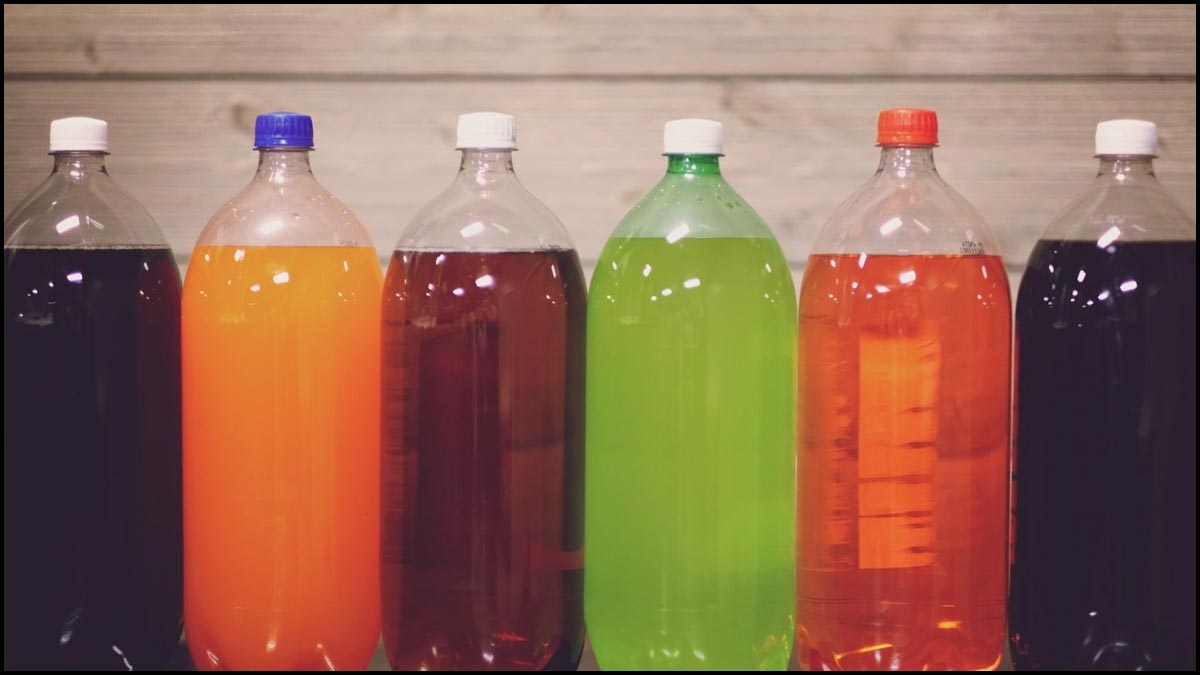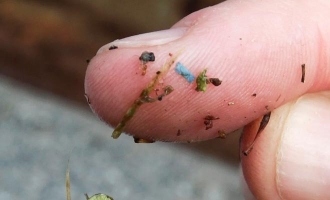US Considers Ban on Ingredient Found in Citrus Sodas Over Safety Worries


Send us your feedback to audioarticles@vaarta.com



The Food and Drug Administration has just moved to suggest the disallowance of BVO, which is a common ingredient in citrus-flavored soft drinks, to prevent them from being too tangy.
The FDA action to revoke the registration for BVO follows recent toxicology studies indicating acute and chronic health concerns raised the potential need for regulatory action. James Jones, deputy commissioner for human foods at the FDA, expressed concern because emerging evidence indicated that extended exposures could trigger health risks.
BVO was patented way back in the 1930s and meant for use in the soda industry by keeping flavors such as citrus from separating. However, animal studies have revealed bromine can build up in fat tissues and cause problems with thyroid activity due to its nature as a competing element for the same receptors in the body as iodine.
Prior to 1950, the FDA had previously considered it GRAS. Banned or considered an illegal substance in several countries and states like California since a public destruction over possible toxicity, the agency revoked its status and made it a restricted substance in citrus-flavored beverages.
Recent research has contributed further to the evidence that BVO does raise users' health risks. The reports prompted companies ranging from PepsiCo to Coca-Cola Co. to eliminate the substance from their products over the last 10 years.
The FDA’s ruling on brominated vegetable oil follows a trend that has seen greater pressure to enforce regulations regarding food additives, focusing particularly on those instances where evidence may be brought that the substances cause cancer in humans or animals. However, that decision is being reviewed, and alternatives are already available in citrus drinks, so a world without BVO may not be terrible.
Follow us on Google News and stay updated with the latest!




 Follow
Follow





-a3e.jpg)
-3c4.jpg)
-e5c.jpg)
-e66.jpg)
-71b.jpg)
-5d5.jpg)
-adc.jpg)
-798.jpg)

-7c2.jpg)


































Comments